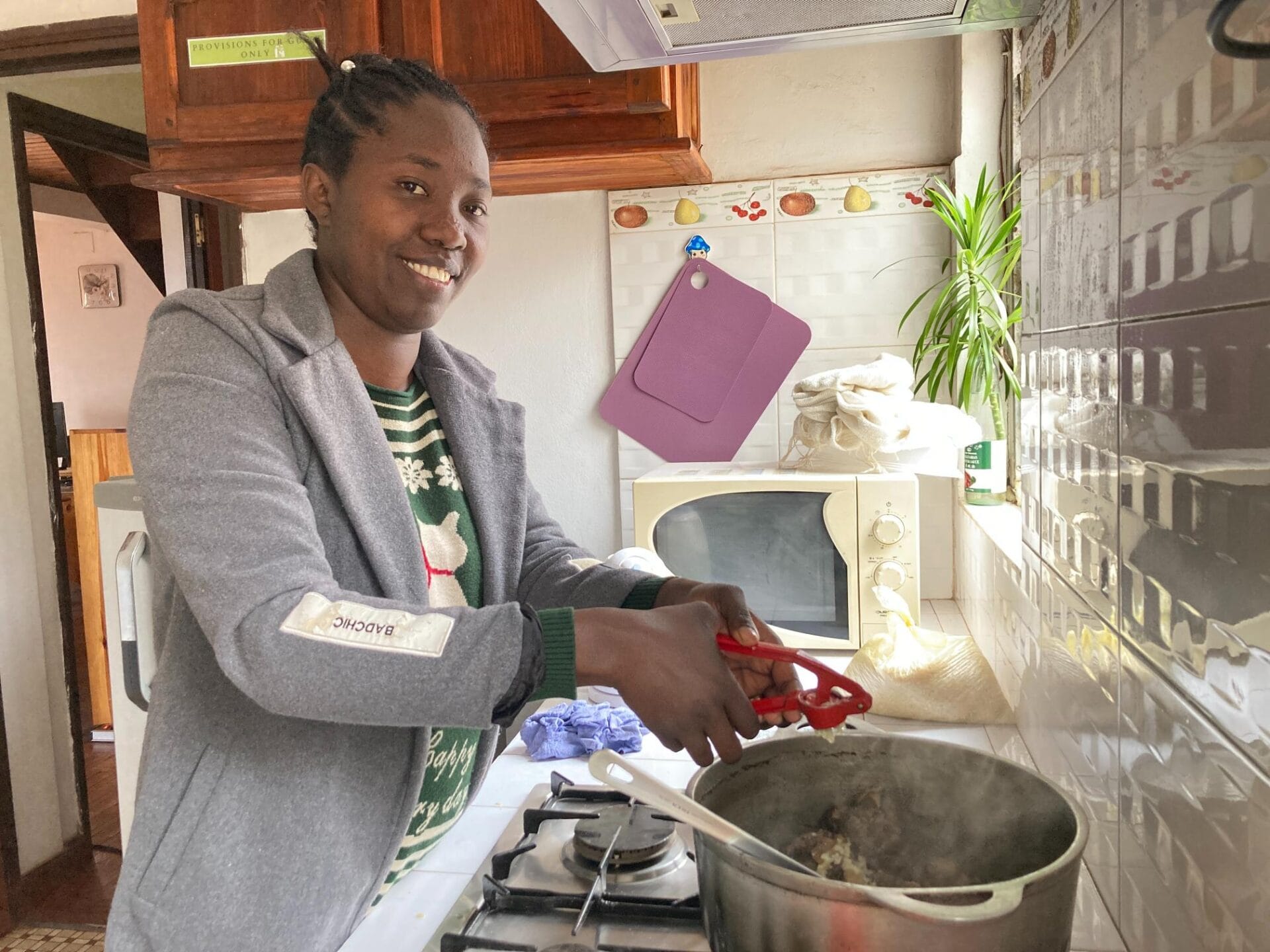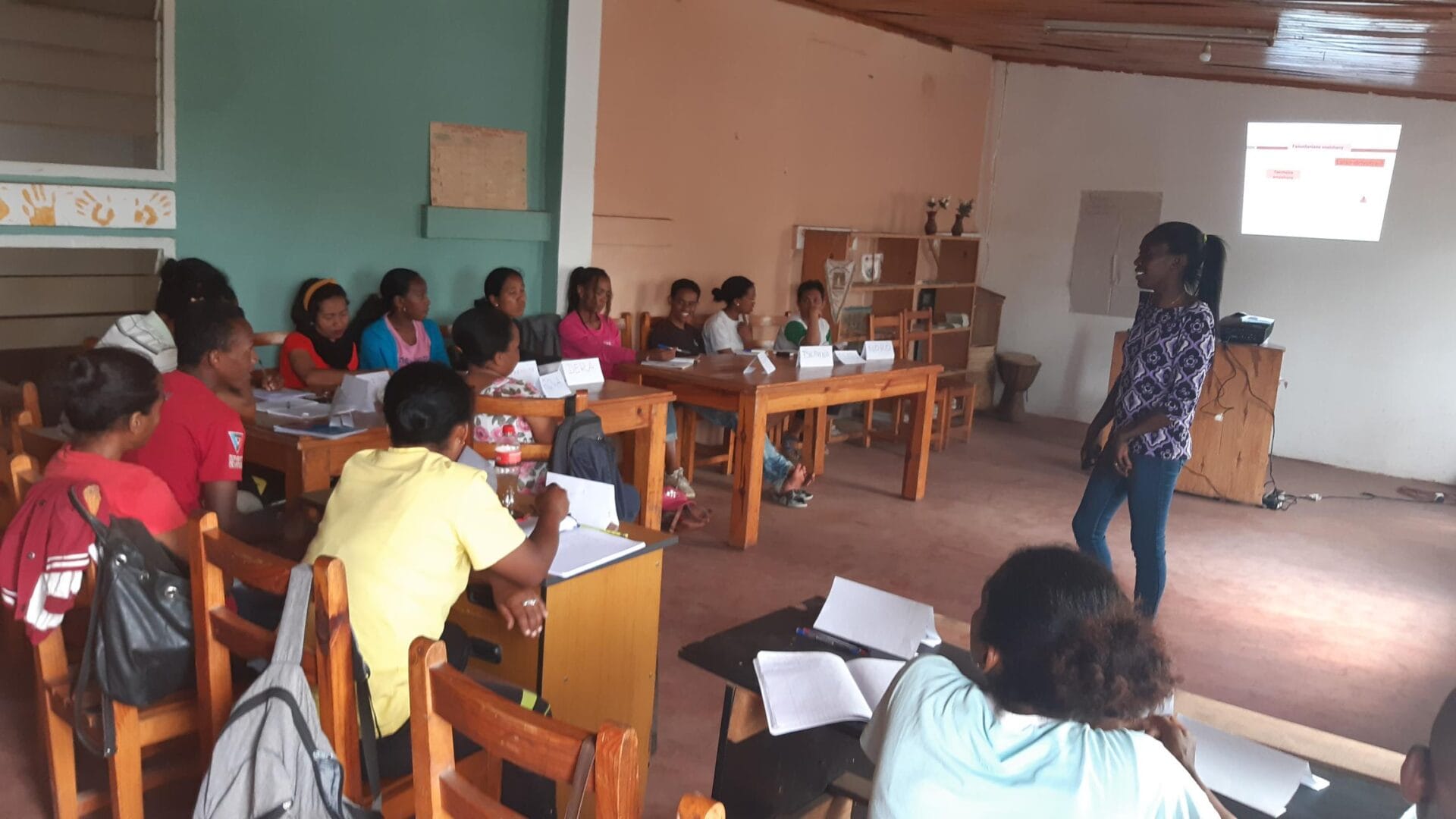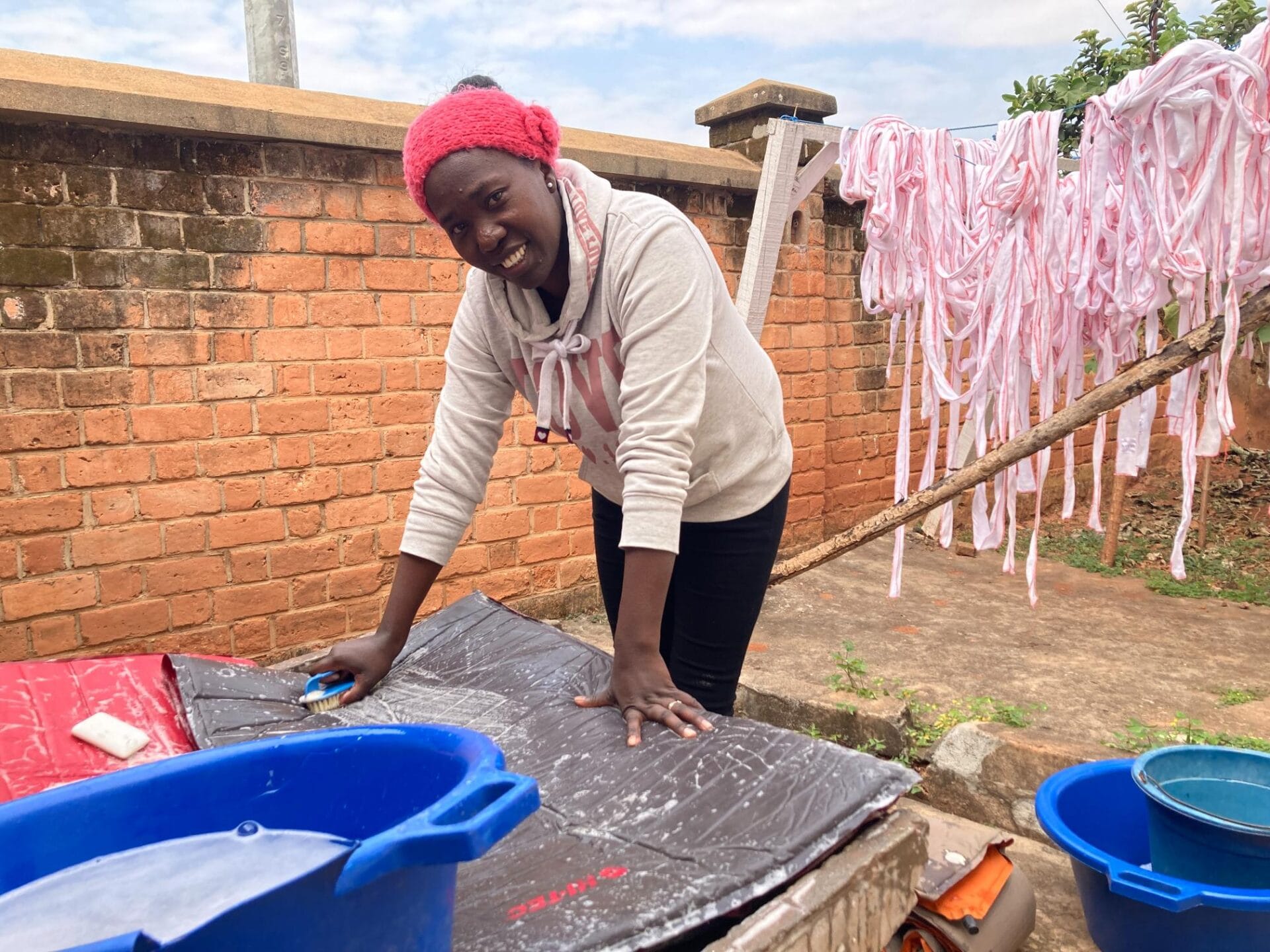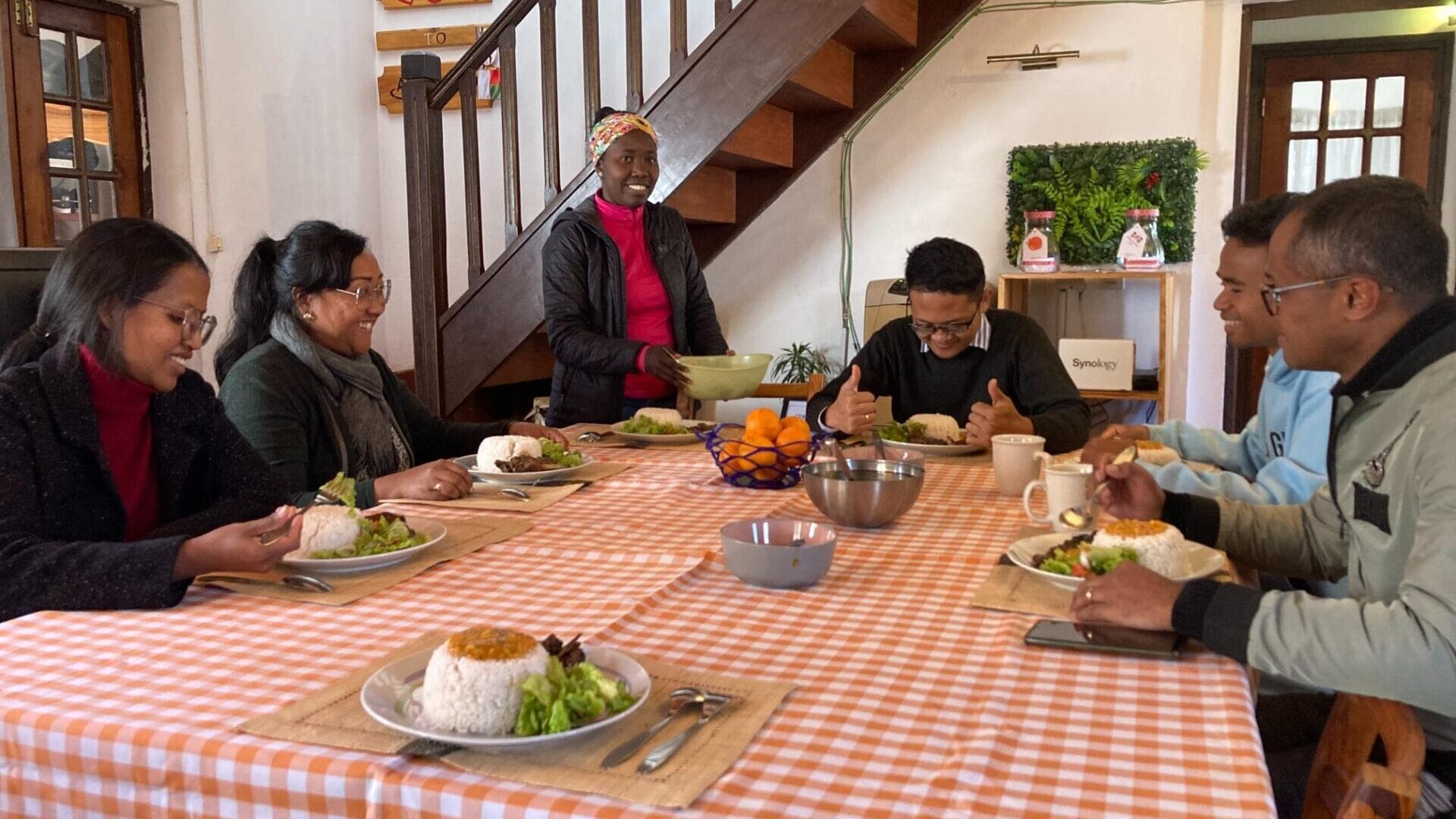A Preventable Tragedy
Last June was a particularly difficult time for us in Madagascar. Dozens of lives were lost across the country, with the death toll now exceeding 40. In every location, the suspected cause was food poisoning or a mass foodborne illness, though the authorities have been reluctant to confirm this.
Food poisoning typically results from consuming contaminated food or drink—contaminated by microbes, toxins, or chemicals. When multiple people fall ill after consuming the same food at the same place, it becomes a collective foodborne outbreak.
Several factors can turn safe food into poison: lack of hygiene, expired products, or breaks in the cold chain. This last point is especially concerning in Madagascar, where frequent and prolonged power cuts are common. This might partly explain the authorities’ hesitation to confirm the cause.
As someone in charge of food, these tragedies hit close to home. They made me realize how directly my work affects the safety and well-being of my colleagues. Since then, I’ve become even more mindful about hygiene and food preparation, from grocery shopping to final service. I prioritize fresh, safe products because I want the food I serve to embody the meaning of “AiNA soa”—which literally translates to “healthy life.”

Knowledge Calms Fear
At AiNA soa, sharing practical knowledge with the Malagasy population is at the heart of our mission. In crises like these, rumors and false information spread quickly, fueling panic. When the first deaths were reported in Antananarivo, some claimed that food had been intentionally poisoned. Several individuals were even arrested. While criminal intent is always a possibility, the recurrence of cases in different locations makes that theory unlikely.

Superstitions are still deeply rooted in Madagascar, and this often delays access to real care—sometimes with fatal consequences. A lack of basic health knowledge is one of the main reasons. That’s why we remain motivated to reach remote rural areas, where we teach essential skills like first aid.
We believe this kind of knowledge can truly save lives and reduce unnecessary deaths, while also calming the fears of local communities.
Lifting Each Other Up
What truly sets AiNA soa apart from other workplaces is the genuine attention and mutual respect between colleagues. I feel valued and considered. In addition to my work as a cook, I’m also in charge of cleaning all the training equipment. This task requires a lot of time, effort, and physical strength—especially when trainings are back-to-back. Sometimes I spend the entire day cleaning, and I end the day exhausted.

A few months ago, I was deeply moved by a decision made by our leadership teams in Madagascar and Switzerland: they provided me with a washing machine to lighten my workload. I take this opportunity to thank all those who support AiNA soa. Whether your help is material, financial, or through time and encouragement—it makes a real difference in both our work and personal well-being.
In Closing
To you, dear reader: let’s support one another. Let’s help each other and share ideas that benefit others, not just ourselves. Selfishness and disregard for others lead nowhere good. Together, let’s move forward toward positive change.
Mamitiana, Hygiene and catering manager / Assistant Trainer
